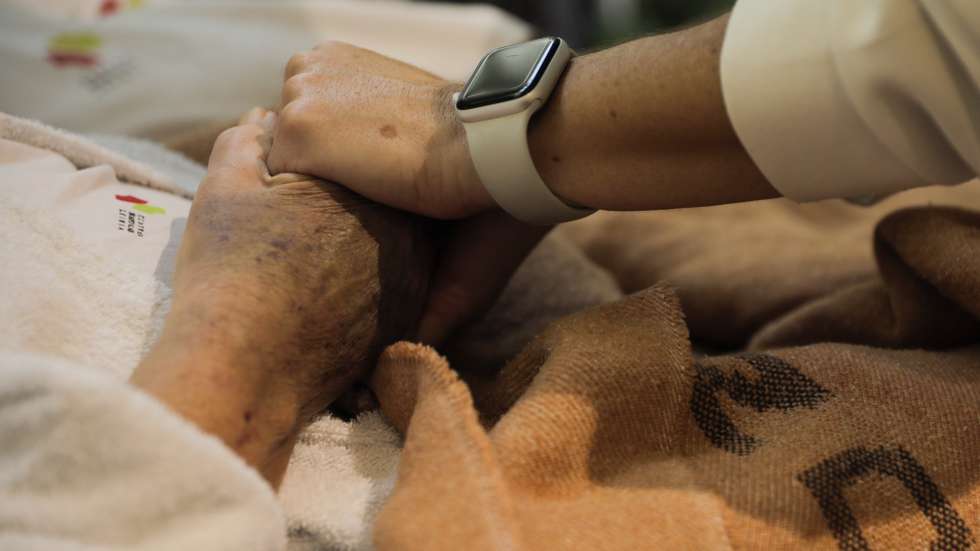DECO and patient organizations filed a complaint with the Ombudsman on Thursday demanding the regulation of the “right to be forgotten” law that guarantees access to credit and associated insurance for people who have overcome serious illnesses.
“It is a law from the end of 2021, which came into force [1 de janeiro] in 2022, which aims to strengthen access to credit and insurance contracts which are associated with housing credit contracts and also with consumer credit contracts. by people who have overcome or mitigated situations of aggravated risk to health”, said lawyer Margarida Moura, from the Portuguese Association for Consumer Protection (DECO), to the Lusa agency.
However, the law has not yet been regulatedwhich gave rise to DECO, Creer — Association of Parents and Friends of Children with Cancer, an association of parents and friends of children with cancer, the Portuguese League Against Cancer, the Treatment Activists Group (GAT) and the Portuguese Association SER+ for the prevention and challenge of AIDS to file the complaintduring the week of World Patient Safety Day.
In the complaint, the subscribers ask the Ombudsman to issue a recommendation to the Government to regulate, by decree-law, the Law of Oblivion.
The law provided that regulation would be carried out by means of a national agreement between the State and the “parties involved” (associations representing financial and insurance institutions and patient organisations). In the absence of an agreement, the regulation would be approved by decree-law, but no deadline would be set for this.
“The legislator still tried to correct the situation, but did so incompletely and late: the State Budget Law for 2024 set a six-month deadline for the conclusion of the agreement, after which, failing that, the regulation should be approved by decree-law. This period ended on June 30. As of Thursday, neither agreement nor decree-law has been reached,” the organizations warn in a statement.
DECO and patient organizations continue to receive requests for information on people who are cancer survivors or living with HIV and face difficulties in taking out life insurance linked to housing loans.
“This law was a very important step, but the process is incomplete,” said Margarida Moura, asking: “What is the point of a right that cannot be exercised?” “If we continue to discriminate against a person who has overcome or mitigated a situation of aggravated risk to health (…) it is because there is still something to do,” she said.
Margarida Moura explained that the law “prohibits these people from seeing their insurance worsen” and excludes the guarantees of those same insurances.
It also prohibits the collection of medical information relating to a situation of health risk or aggravated disability, after a certain time has elapsed since the end of the treatments or the development of certain treatments, in a pre-contractual context.
The legislation will define, among other things, the mandatory information that credit institutions and insurance companies must disclose on their websites and will establish a reference framework that will allow for the definition of more favourable terms and deadlines than those defined in the legislation, for each pathology or disability.
“The lack of regulation has favoured the adoption of discriminatory practices towards people that the Oblivion law is supposed to protect and benefit. In addition, it creates legal uncertainty: these citizens, when they go to take out loans and associated insurance, never know what awaits them,” they point out.
For Margarida Moura, it would be important for patient associations and the DECO to also be heard in the context of the approval of this regulation, “which is urgent.”
Source: Observadora
